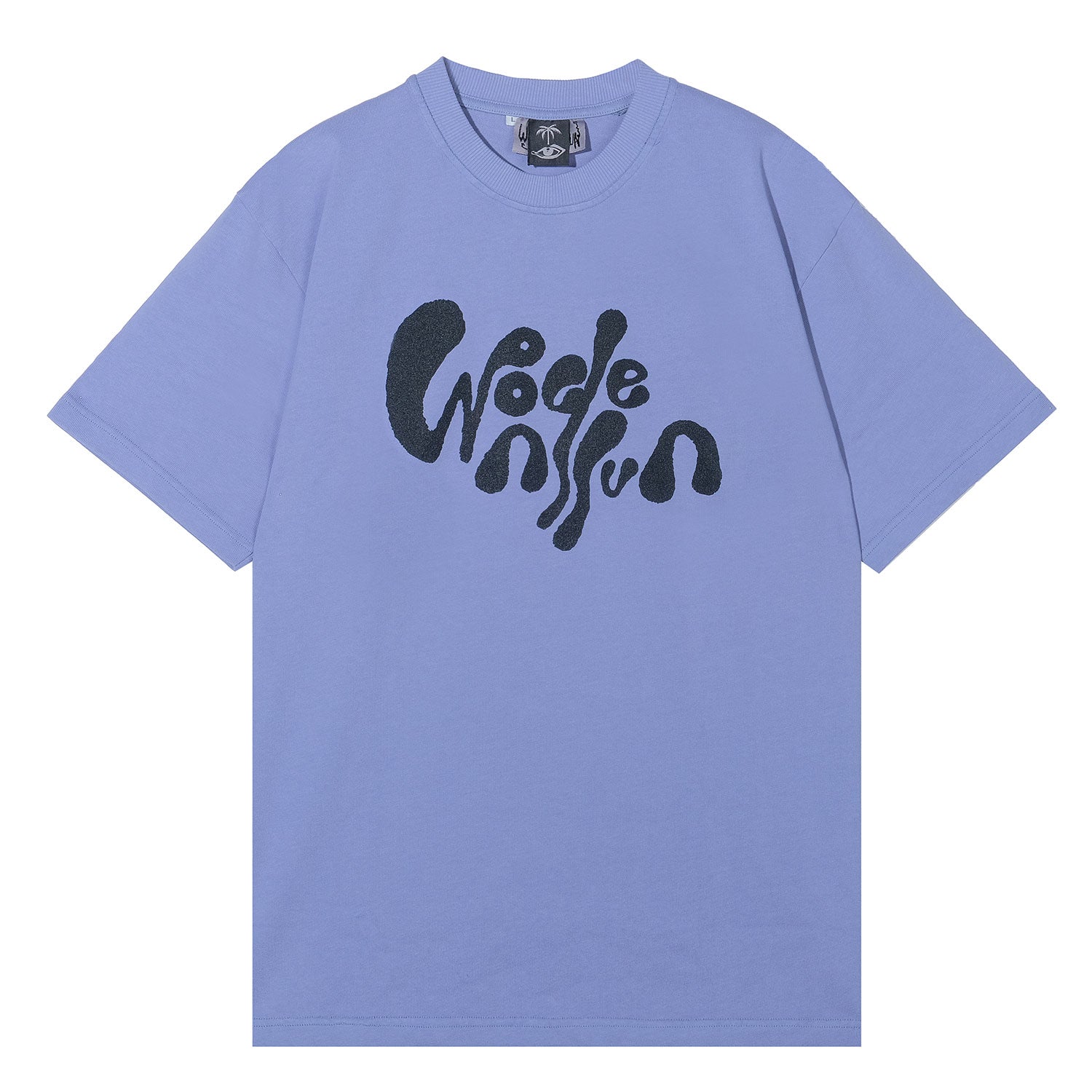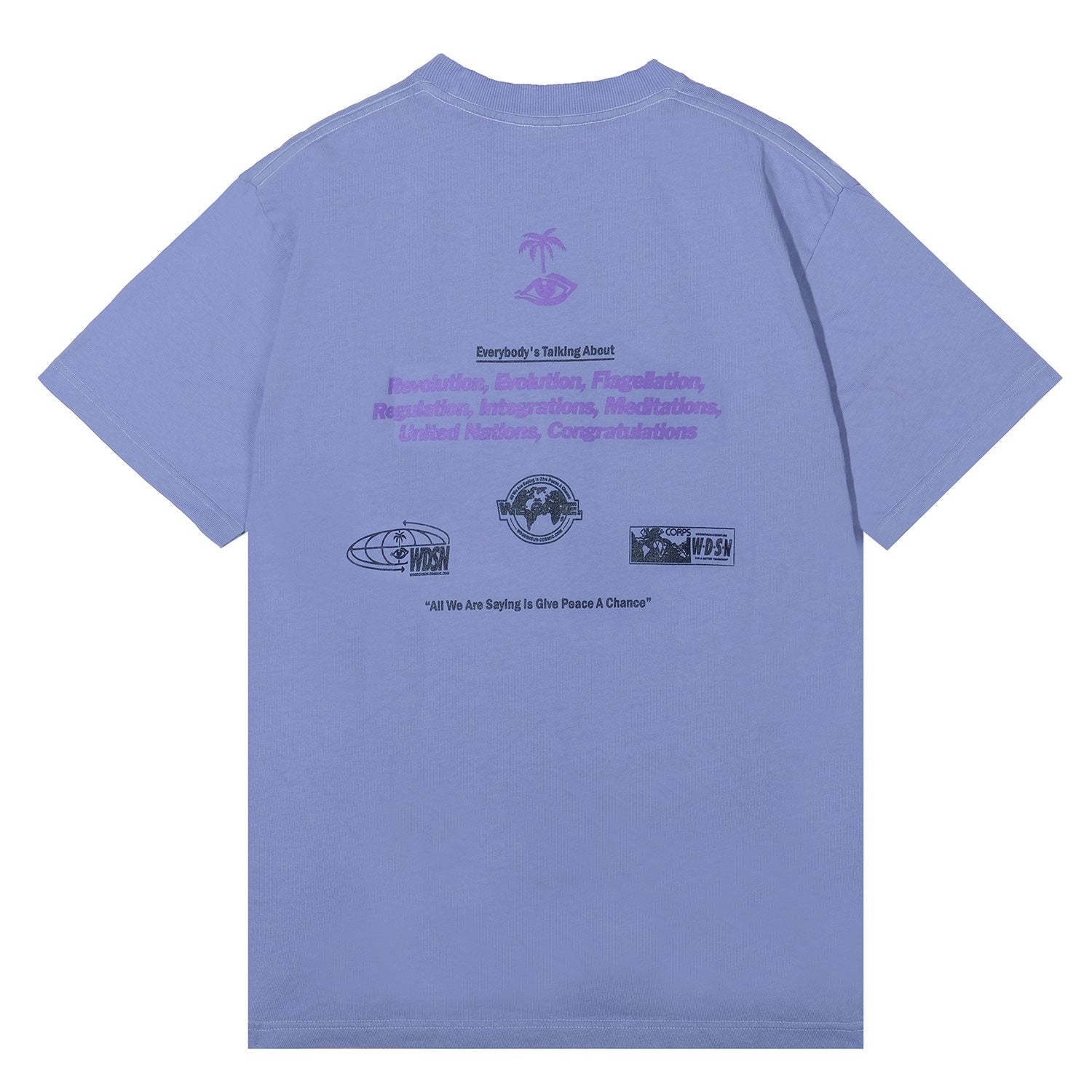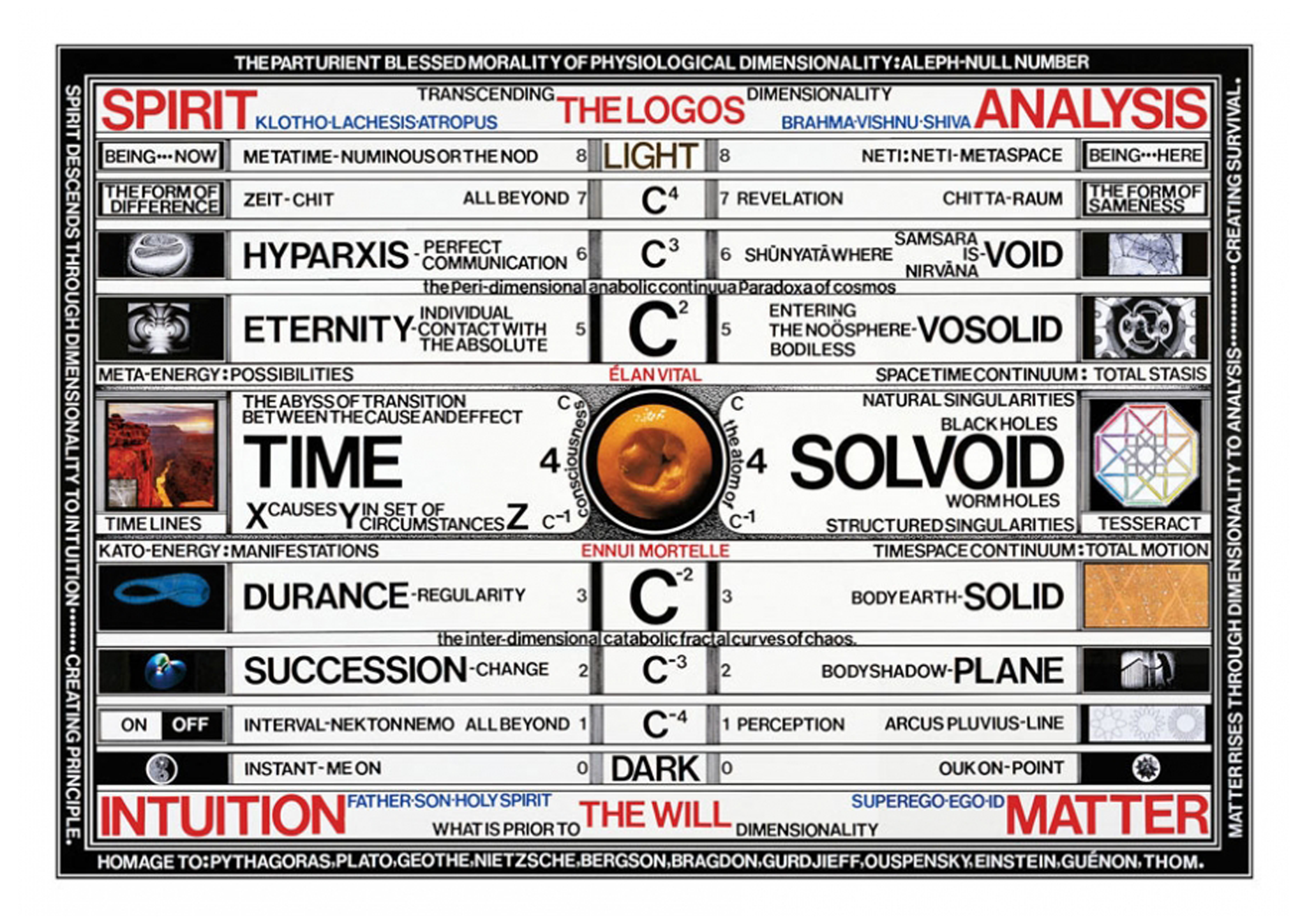The Harvard Psilocybin Project: A Controversial Chapter in Psychedelic Research

In the early 1960s, the Harvard Psilocybin Project, led by Timothy Leary and Richard Alpert (who later became Ram Dass), grabbed national attention for its controversial and, at times, unethical research methods. The project aimed to explore the effects of psilocybin, a psychedelic substance, on the human mind.
Key Figures and Early Controversies
The founding board of the project included notable figures such as Aldous Huxley, David McClelland, Frank Barron, Ralph Metzner, and two graduate students involved with mescaline research. Despite their high-profile backing, the project quickly came under fire. Critics accused Leary and Alpert of unscientific and unethical practices, including allegations of giving psychedelics to undergraduates. This controversy led to Leary and Alpert's contracts being terminated by Harvard in 1963.

Impact on Psychedelic Research and Counterculture
After leaving Harvard, Leary and Alpert continued their psychedelic explorations and became prominent figures in the counterculture movement. Leary, in particular, became famous for his slogan “turn on, tune in, drop out,” which he popularized at a San Francisco hippie gathering in 1967. This earned him the nickname “the most dangerous man in America” from then-President Richard Nixon. Alpert, meanwhile, traveled to India in 1967, experienced a spiritual awakening, and adopted the name Ram Dass.
Public Backlash and Legal Changes
Public opinion on psychedelics began to shift dramatically by 1967. Sensational newspaper headlines fueled fears of dangerous “bad trips,” leading to incidents where individuals suffered severe consequences from psychedelic experiences. For example, headlines like “Sampled LSD, Youth Plunges from Viaduct” and “Six Students Blinded on LSD ‘Trip’ in Sun” stoked public fear. As a result, there was increased pressure on officials to act against psychedelics. By 1968, LSD was made illegal in the U.S., and the Controlled Substances Act of 1970 classified psychedelics as Schedule I drugs, effectively halting their legal use.

Resurgence of Psychedelic Research
Today, after decades of restriction, psychedelic research is making a comeback at prestigious academic institutions, including Harvard. This renewed interest in studying psychedelics marks a significant shift from the past, reflecting ongoing debates about their potential benefits and risks.







